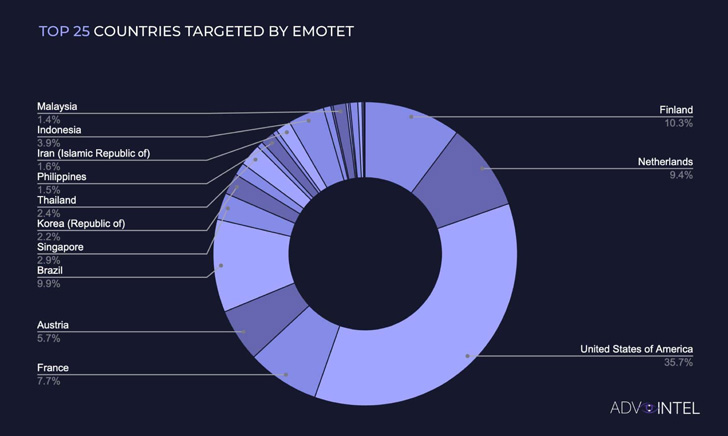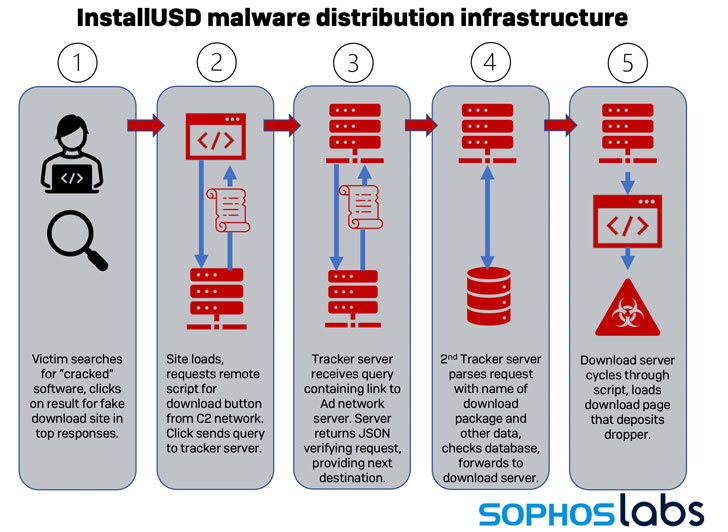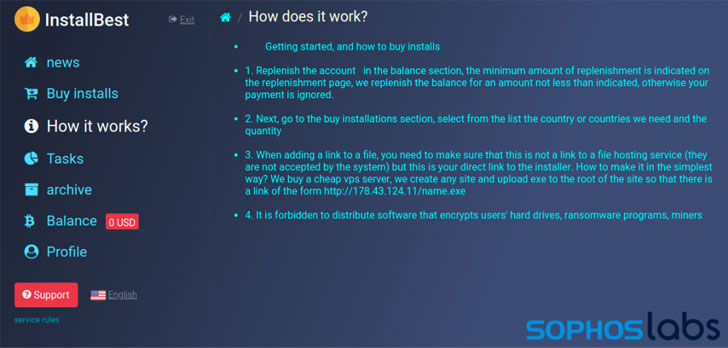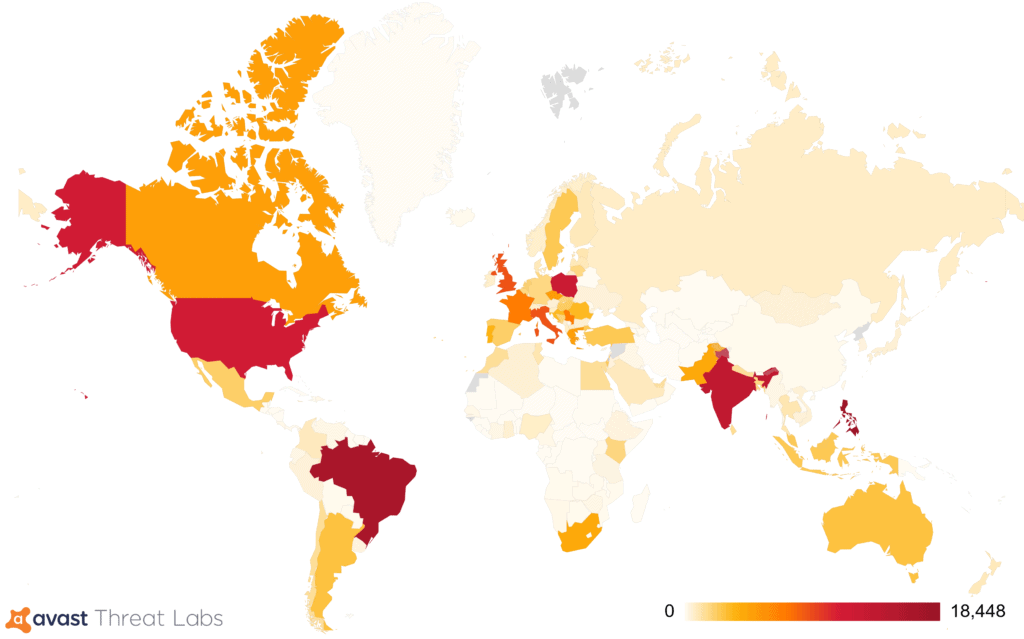‘Financially Motivated Threat Actors’ Distributing Malware via App Installer
Microsoft is warning that bad actors, including those financially motivated, are using App Installer to distribute malware.
Microsoft Threat Intelligence says bad actors have been using the ms-appinstaller URI scheme (App Installer) to distribute malware since at least mid-November 2023. Microsoft has disabled the protocol handler in an effort to combat its abuse.
The observed threat actor activity abuses the current implementation of the ms-appinstaller protocol handler as an access vector for malware that may lead to ransomware distribution. Multiple cybercriminals are also selling a malware kit as a service that abuses the MSIX file format and ms-appinstaller protocol handler. These threat actors distribute signed malicious MSIX application packages using websites accessed through malicious advertisements for legitimate popular software. A second vector of phishing through Microsoft Teams is also in use by Storm-1674.
Threat actors have likely chosen the ms-appinstaller protocol handler vector because it can bypass mechanisms designed to help keep users safe from malware, such as Microsoft Defender SmartScreen and built-in browser warnings for downloads of executable file formats.
The attacks are especially dangerous for Teams users, since the bad actors are spoofing legitimate Microsoft pages.
Since the beginning of December 2023, Microsoft identified instances where Storm-1674 delivered fake landing pages through messages delivered using Teams. The landing pages spoof Microsoft services like OneDrive and SharePoint, as well as other companies. Tenants created by the threat actor are used to create meetings and send chat messages to potential victims using the meeting’s chat functionality.
More information can be found here, including detailed analysis of the attack. In the meantime, Microsoft says organizations should educate Teams users to be able to identify and protect themselves from this exploit.
Educate Microsoft Teams users to verify ‘External’ tagging on communication attempts from external entities, be cautious about what they share, and never share their account information or authorize sign-in requests over chat.











